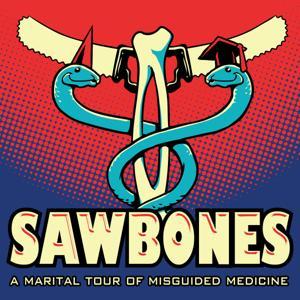This episode originally aired on January 25th, 2022.
In light of the recent changes by RFK jr’s Advisory Committee on Immunization Practices (ACIP) to eliminate the universal birth dose of the hepatitis B vaccine in the US, a decision which will result in preventable infections and deaths in this country every year, it seems timely to remind everyone of the global consequences of this incredibly prevalent pathogen.
This week, we’re dipping a toe back into the vast waters of hepatitis viruses, this time with a focus on hepatitis B. The hepatitis B virus, though second to be named, was first to be discovered, and effective vaccines and treatments have been available for decades. Yet the global prevalence of this virus remains staggering, with nearly 300 million people chronically infected and 1.5 million new infections annually. So what’s going on? In this episode, we weave our way through the complicated biology of this virus and its deadly potential, the strange history of its identification that shows that you don't have to be looking for something to find it, and the current status of this virus that underlines how safe, effective tools for disease prevention are only as good as our delivery infrastructure. We are also so excited to be joined by Dr. Su Wang, Medical Director for the Center for Asian Health & Viral Hepatitis Programs at the Cooperman Barnabas Medical Center and outgoing President of the World Hepatitis Alliance.
Support this podcast by shopping our latest sponsor deals and promotions at this link: https://bit.ly/3WwtIAu
See omnystudio.com/listener for privacy information.













































